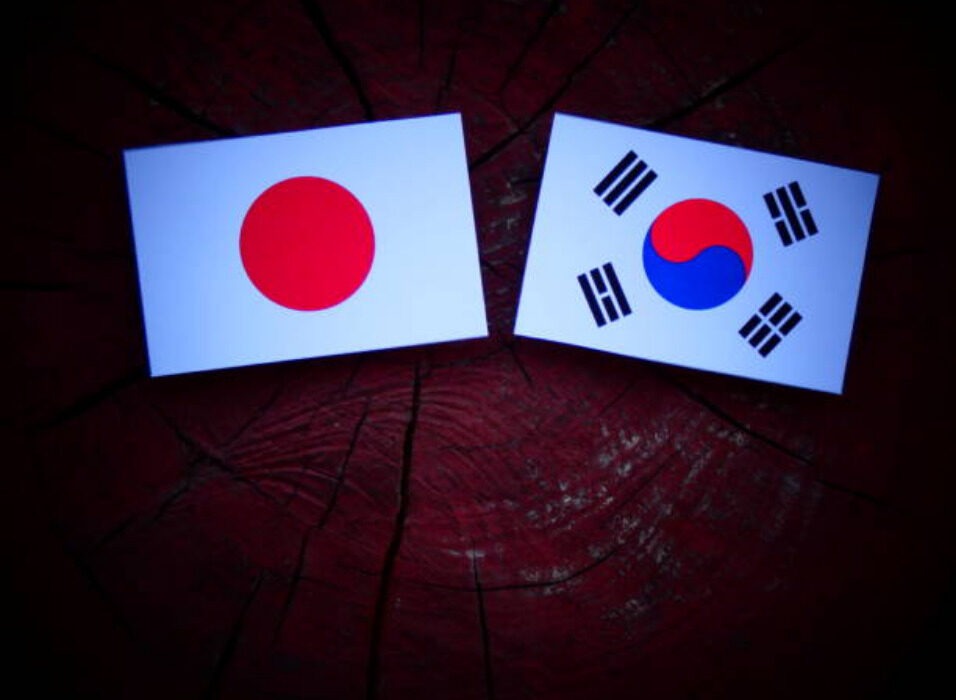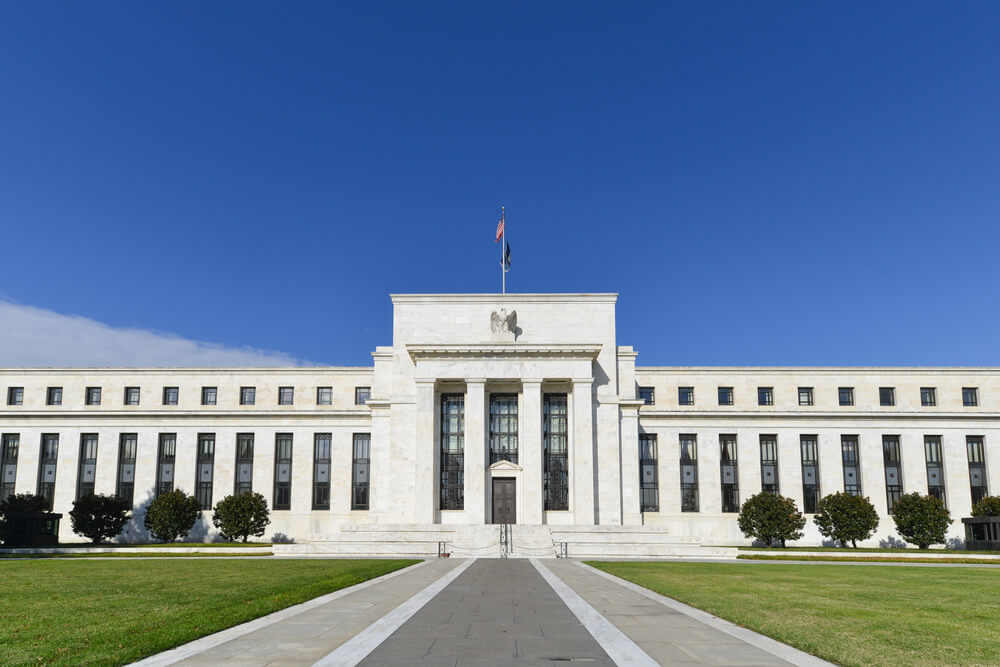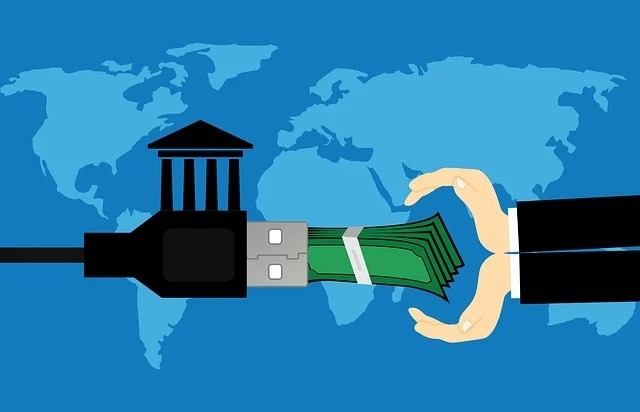Japan’s finance minister, Shunichi Suzuki, and South Korea’s finance minister, Chu Kyungho, announced after today’s meeting an agreement to restore currency exchange in times of crisis, signalling a significant step towards improving relations and resolving historical conflicts between the two countries.
Although the $10 billion trade arrangement approved in 2015 remains suspended, it holds symbolic importance as it allows the central banks of Japan and South Korea to exchange currencies from their US dollar reserves, providing additional liquidity during crises.
This marks the first time in seven years that the two nations have engaged in annual financial talks, and Suzuki and Chu also had a previous encounter in May.
Suzuki informed reporters that the three-year currency exchange agreement would enhance confidence in the financial stability of both countries.
As major Asian economies and partners of the United States, Japan and South Korea have been working to mend ties amid challenges posed by China and North Korea. However, uncertainties persist due to unresolved issues stemming from Japan’s 35-year occupation of the Korean peninsula during World War II.
Starting on July 21, Japan intends to reinstate South Korea as a preferred country with fast trade status. This move will effectively resolve a four-year trade dispute that began in July 2019 when Japan removed South Korea from its “white list” of countries with fast-track trade approvals.
Japan’s trade restrictions with Seoul were a response to a 2018 South Korean court ruling that demanded compensation for Korean workers subjected to forced labour during World War II.
Furthermore, Japan tightened export controls on crucial chemicals used by South Korean semiconductor and display companies, prompting South Korea to file a complaint with the World Trade Organization and remove Japan from its list of countries with preferential trade status.
Trade Disputes and Resolving Historical Conflicts: Japan-South Korea Relations at a Crossroads
In addition to these economic challenges, the two countries also have a longstanding territorial conflict over a group of islands controlled by South Korea but also claimed by Japan.
On the domestic front, Japanese companies are increasing employee wages. The largest corporations have agreed to raise salaries by 3.8%, signalling a potential shift in the Bank of Japan’s mild monetary policy that has been in place for some time.
According to the national trade association Rengo, this wage increase is the largest average raise since 2013, as reported by the Financial Times. Despite rising energy prices and import costs, Japanese companies faced significant pressure from the government and unions to prioritize salary increases and support their employees.













